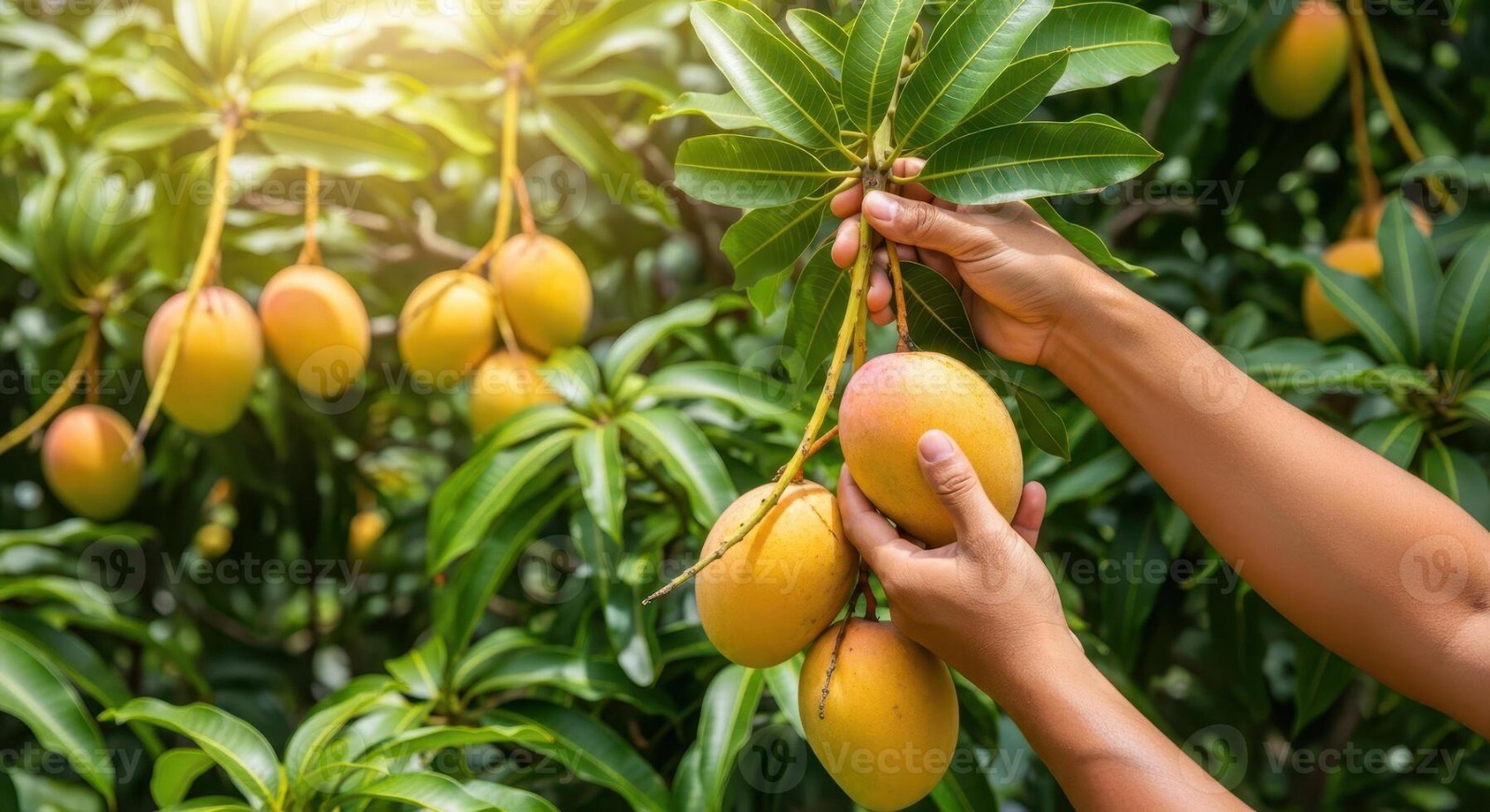
ITAT Bangalore Rules Mango Orchard Income as Agricultural, Quashes ₹1.2 Crore Tax Addition
Tribunal says mango sales are genuine agricultural income, not unexplained cash credits
Judgment provides relief to landowners and clarifies tax treatment of farm produce
By Our Legal Correspondent
New Delhi: November 14, 2025:
In a landmark decision, the Income Tax Appellate Tribunal (ITAT), Bangalore has ruled in favor of a landowner who earned ₹1.82 crore from mango sales, holding that the income qualifies as agricultural income and is exempt from income tax. The Tribunal struck down the tax department’s move to add ₹1.2 crore as unexplained cash credit, providing much-needed clarity on the treatment of farm produce under tax laws.
Also Read: Allahabad High Court Calls Cybercrime a ‘Silent Virus’, Denies Bail in Fake GST Transaction Case
This judgment is significant for farmers, orchard owners, and agricultural entrepreneurs across India, as it reinforces the principle that genuine agricultural income cannot be taxed as unexplained cash.
Background of the Case
The landowner, based in Karnataka, reported earnings of ₹1.82 crore from mango sales during the assessment year. The Income Tax Department issued a notice, questioning the source of funds and treating ₹1.2 crore as unexplained cash credit under Section 68 of the Income Tax Act.
The department argued that the landowner had failed to provide sufficient evidence of mango cultivation and sales. The case was contested before the ITAT, which examined the facts, documents, and agricultural records.
Tribunal’s Observations
- Agricultural income is exempt: Income derived from cultivation and sale of agricultural produce, including fruits, is exempt under the Income Tax Act.
- Mango cultivation proven: The landowner provided evidence of mango orchards, sales receipts, and agricultural records.
- No unexplained cash credit: Since the source of income was established as agricultural, the addition of ₹1.2 crore as unexplained cash credit was unjustified.
- Relief granted: The Tribunal deleted the addition and ruled in favour of the landowner.
Also Read: Delhi High Court Slams Income Tax Department for 3-Year Delay, Orders Refund with Interest
Why This Judgment Matters
- Clarity for farmers: It confirms that income from fruit orchards is agricultural income and exempt from tax.
- Protection against arbitrary additions: Farmers and landowners cannot be penalized with unexplained cash credit additions if they provide genuine records.
- Encouragement for agribusiness: The judgment supports agricultural entrepreneurship by safeguarding income from taxation.
- Legal precedent: The ruling will guide future disputes involving agricultural income and tax treatment.
Also Read: Delhi High Court Ends 38-Year-Old Will Dispute, Upholds Validity of Testamentary Document
Impact on Farmers and Landowners
- For farmers: The judgment reassures them that their agricultural earnings are safe from arbitrary tax demands.
- For orchard owners: It provides clarity that fruit sales, when backed by records, qualify as agricultural income.
- For tax authorities: The ruling emphasizes the need for careful scrutiny before classifying agricultural income as unexplained cash.
Legal Context
Under the Income Tax Act, 1961, agricultural income is exempt from tax. Section 68 deals with unexplained cash credits, allowing tax authorities to add unexplained sums to taxable income.
However, the ITAT clarified that when the source of income is proven to be agricultural, Section 68 cannot be invoked. This interpretation aligns with earlier rulings that protect genuine agricultural earnings.
Expert Reactions
- Tax lawyers say the ruling strengthens farmers’ rights and prevents misuse of Section 68.
- Agricultural economists note that the decision encourages investment in orchards and agribusiness.
- Policy analysts highlight that the judgment reinforces the government’s commitment to protecting agricultural income.
Broader Implications
- Boost to agribusiness: Farmers and orchard owners may feel more confident in expanding operations.
- Reduced litigation: Clear guidelines on agricultural income will reduce disputes with tax authorities.
- Strengthened rural economy: Protecting agricultural earnings supports rural livelihoods and economic growth.
Conclusion
The ITAT Bangalore’s ruling is a landmark in agricultural taxation. By holding that mango orchard income is agricultural and exempt from tax, the Tribunal has provided relief to farmers and landowners while clarifying the scope of Section 68.
This judgment will serve as a precedent, ensuring that genuine agricultural income is protected from arbitrary tax additions and reinforcing trust in India’s tax system.
🔑 Suggested Keywords for SEO & Faster Searches
Also Read: Bombay High Court Bars ‘The New Indian Express’ from Using Trademark Outside South India
- ITAT Bangalore mango income ruling
- Agricultural income tax exemption India
- Mango orchard income tax case
- Unexplained cash credit Section 68
- ITAT judgment agricultural produce
- Mango sales income tax relief India
- Landowner mango orchard tax dispute
- Agricultural income ITAT Bangalore
- Tax department vs mango farmer case
- Income Tax Act Section 68 agricultural income
Also Read: Supreme Court: Tenants Must Pay Rent Despite Pending Appeal, No Relief Without Stay Order